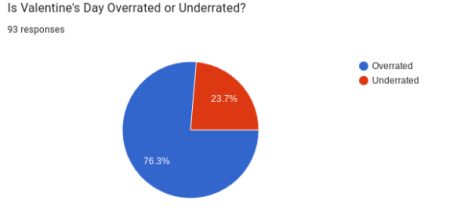Should the Legal Voting Age be Lowered?
May 26, 2021
There is a question that teens across the country have been asking given the most current elections, and that is, should the legal voting age be lowered? For many, keeping the legal voting age at 18 is unfair.
As Andrew Brizzell, senior, put it: “There’s no reason why a 16/17-year-old, who…has the same understanding as an 18-year-old, should not be able to vote and get a say in our democracy.”
One major problem with the current voting age is that laws and legislation affect teens. For example, there are laws that allow schools to search students’ belongings without reasonable suspicion, and 20 states allow adults to text while driving but they do not allow teens to do that. Yet, teens do not get a say in those laws.
Also, many teens, 16 and sometimes younger, are tried as adults and treated by the court system as an adult, so why shouldn’t they get to vote like adults?
The federal voting act (1965) states, “Any person who has not been adjudged an incompetent and who has completed the sixth grade…possesses sufficient literacy, comprehension, and intelligence to vote in any election.”
This act still makes 18 the legal voting age, even though it is acknowledged that anyone who has completed the sixth grade should be able to vote.
Detractors have said that kids under the age of 18 aren’t mature enough to participate in elections.
Social Scientists Tak Wing Chan, PhD and Matthew Clayton, DPhil, found that “research in neuroscience suggests that the brain, specifically the prefrontal cortex, is still undergoing major reconstruction and development during the teenage years” and added that the prefrontal cortex is what “enables us to weigh dilemmas, balance trade-offs and, in short, make reasonable decisions in politics.”
What this means is that doctors Chan and Clayton have found that the brain may not be developed enough to make reasonable decisions in politics because the prefrontal cortex is not developed enough to make these decisions, and it is a reason why changing the voting age has been criticized.
While surveys found that 46 percent of voters supported actually raising the voting age to 21, only 8 percent supported lowering the voting age to 16.
A problem with such a survey, though, is that the only people who can vote were allowed to participate in the survey, so a better way to conduct the survey would be to interview people of all age groups to allow teenagers a chance to get their voices heard.
Another major problem with the voting system is taxation without representation, something that, in 1776, we fought a war over.The phrase taxation without representation describes a populace that is required to pay taxes to a government authority without having any say in that government’s policies.
More than one million American teens have jobs, and they get their paychecks taxed like every other working citizen, but they cannot vote in an election. Data has shown that the U.S government one year collected $730 million of tax revenue from teens who cannot vote.
AP Government Teacher Thomas Kuhn proposed “anyone that is either 18 or completed three years of high school can vote,” adding he found “no difference in maturity or knowledge of government between a senior born Nov. 1 and one born Nov. 9.”
A good way to ensure that young people would know how to vote would be an idea proposed by freshman Graham Earich.
“As long as someone has passed a high school U.S. history [course] and a high school U.S. government class, they should be able to vote even though they may be under 18,” Earich saiad.
Allowing students to vote at a younger age if they can demonstrate they are mature and educated enough to vote should be considered because it allows young people who are inheriting the earth’s problems more time to fix these problems.
Therefore, our society should lower the voting age to 16. This age already gives teens the chance to drive and work, but it doesn’t allow them to vote on laws that could affect their rights. Sixteen is an age where teens are mature enough to understand the importance of voting once they have taken a civics class and a history class so that they know how to make their vote count.
In the near future, this needs to become an issue in the political arena so that it will grab the attention of our lawmakers and politicians. This is an issue that is important to minors across the country, and by that extension, all people in this nation.
